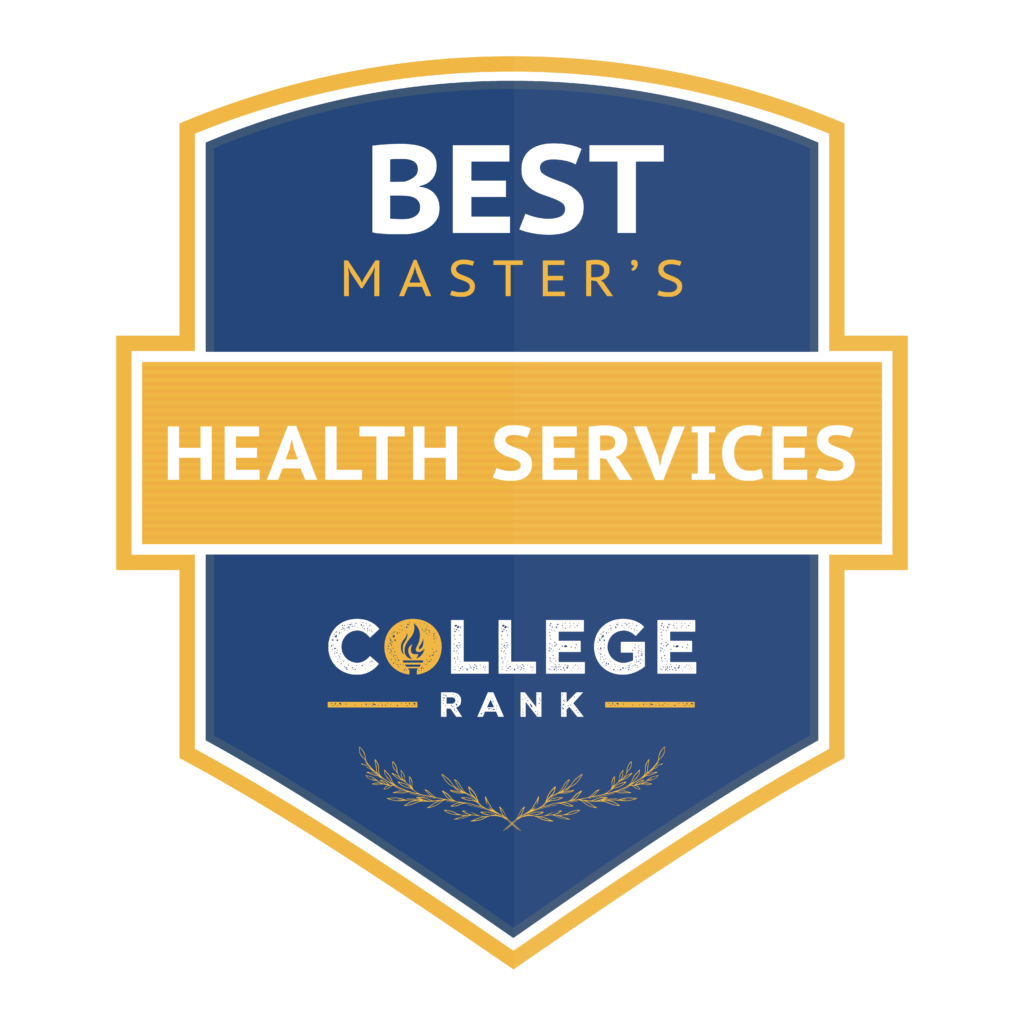If you are analytical, innovative, and a natural leader, a Master’s in health services may be your answer to “What do I want to do with my life?”
With the aging of the country and the growth in medical spending, it is no surprise that the healthcare industry is the largest employer in the nation. Sometimes when healthcare is mentioned, doctors and nurses come to mind; however, there are so many other career options in healthcare, ones where scrubs don’t need to be worn!
Health services encompass a wide range of knowledge and skills, but it all comes down to this: Highly innovative health service providers are leaders who create solutions in the rapidly evolving industry.
What Is a Master’s in Health Services Degree?
Most Master’s degrees in health services are geared toward preparing students to pursue leadership roles in the healthcare setting. Some MHS degrees offer a variety of concentrations, allowing you to shape your studies toward your specific career goals. An MHS degree encompasses topics like business, health care, law, research, and clinic administration.
Most Master’s in health services programs entail 33-50 credit hours, which include courses on campus or online, research, projects, and a final capstone, thesis, or internship in the healthcare field. The average graduate student completes the MHA degree in two to three years.
Master’s in health services programs are pretty standard in their requirements: Applicants need a bachelor’s degree in a health or medical discipline with a minimum cumulative GPA of 2.75-3.0; however, some universities accept students who have backgrounds in other comparable subjects such as business management or biology. Students may need to submit GRE or GMAT scores depending on the university. Most programs also require three years of related work experience, letters of recommendation, and a statement of purpose.
Health Services Degree Salary Potential
Salaries for individuals with health services graduate degrees vary depending on the field in which you work. The good news is, with a Master’s in health service degree, you have the potential to earn well over 100K per year.
Even better, health service jobs are expected to grow by 18% from 2018 to 2028, which is much faster than average. According to the US Bureau of Labor Statistics, medical and health service managers make an average of $99,730 per year, with the top 10% earning more than $182,600. Similarly, Salary.com reports that the average health service manager makes $115,194 per year.
Healthcare management analysts make an average of $83,610, with the top 10% earning more than $152,760 per year. Human resource managers also earn a hefty salary of approximately $113,300 per year, with the top earners making more than $201,380 per year.
What Are the Best Master’s in Health Services Degrees?
At CollegeRank, we strive to do our best to guide you and your family toward a fruitful academic career. The pursuit of knowledge is a noble one, and we want to help you reach your goals. Please feel free to visit our dedicated methodology page for a step-by-step breakdown. For questions, comments, badge downloads, or data corrections, please feel free to reach out to us at editor@www.collegerank.net.
Related:
- Top Programs for Healthcare Management Master’s Degrees
- Best Master’s Degrees in Health Education Online
University of California-Los Angeles
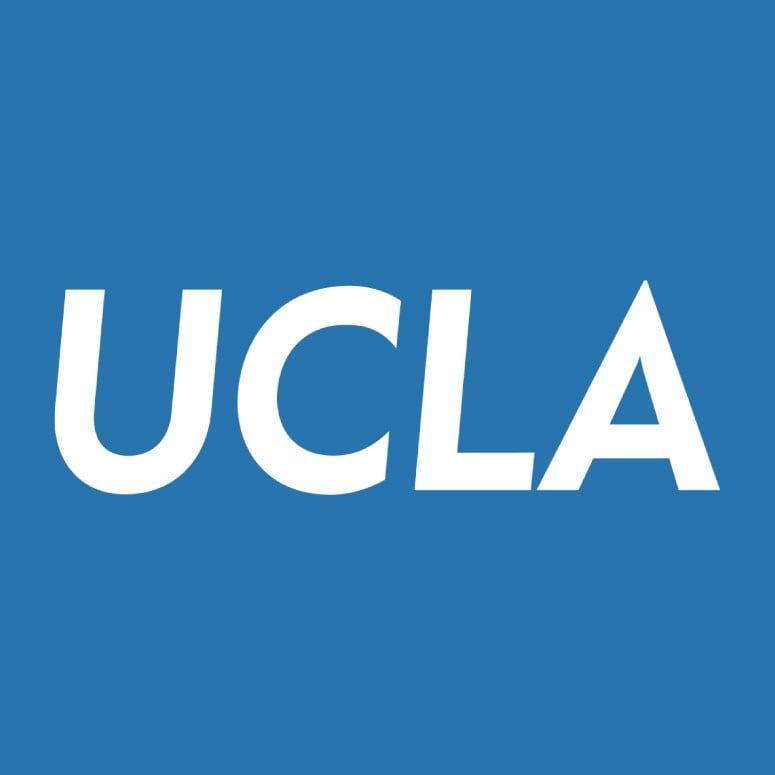
The University of California – Los Angeles makes it clear what defines and drives them as a school: optimism and a can-do perspective. Through their positive outlook, UCLA has won 14 Nobel Prizes, 14 faculty MacArthur Fellows, 118 NCAA titles, 261 Olympic medals, and created more than 140 companies from technology developed at the university. It is no surprise then that UCLA is officially the most applied-to university in the nation.
UCLA’s School of Public Health offers a Master of Health Services, which consists of 16 courses (68 units). At least one year of graduate residence at UCLA is also required. Students who already have prior doctoral-level degrees and relevant experience must complete 12 full courses (52 units) to complete this program. A thesis research project is required during the second half of this program.
To apply for this program, you need a bachelor’s degree in a related field, GRE scores, three letters of recommendation, and a statement of purpose. Prior work experience in healthcare is not necessary but is a plus. The application deadline is December 1 of each year.
University of Minnesota-Twin Cities

If you are an analytical type who loves to research and problem-solve, chances are, the University of Minnesota – Twin Cities may be the school for you. U of M is currently No. 9 in research across the nation, with more than $900 million in expenditures. Yes, they mean business. They have reaped the benefits of their hard work; U of M is responsible for launching Minnesota’s medical device industry and even helped invent the pacemaker!
U of M’s Master of Science in Health Services Research, Policy, and Administration program utilizes a multidisciplinary approach, examining the political, economic, and social forces that affect healthcare operations. Graduates of this program are armed with the knowledge and skills they need to be health analysts and researchers in clinical, business, research, and policy environments.
In this program, you will complete at least 34 credits, which includes 19-20 core credits and 14-15 elective credits. Elective credits can be applied to specialty areas such as healthcare cost-effectiveness, healthcare quality and improvement, healthcare research, and other related topics.
U of M’s School of Public Health networks with numerous national, state, and local public and private health organizations, creating internship and job opportunities for students. For example, graduates of this program are employed by Premier, Inc., Purdue University, United Health Group, Mayo Clinic, and Yale University. To apply, you need your official transcripts, GRE scores, three letters of recommendation, your resume, and a statement of purpose.
University of Central Florida
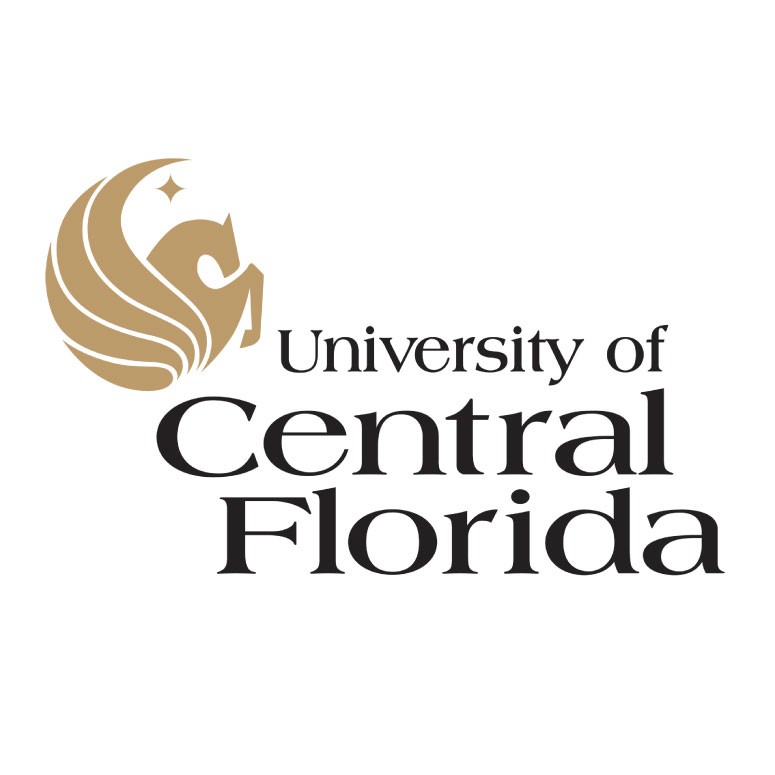
Located in Orlando, Florida, the University of Central Florida consistently ranks nationally among universities, and for good reason. A top-notch academic institution, UCF offers more than 220 degree programs and currently enrolls nearly 70,000 students from across the globe. US News & World Report ranks UCF among the nation’s top innovative colleges, while Kiplinger and Forbes rank UCF a best-value university.
UCF’s Department of Health Management and Information offers a Master of Health Administration with a concentration in health services administration. This program spotlights and examines the structure of healthcare organizations. It also embraces the business management part of health care, which includes marketing, accounting, human resources, planning, and facility management. Courses include Health Care Services Management, Health Economics and Policy, and Health Care Finance, among others.
This degree is 51 credit hours, which includes coursework, electives, a capstone course, and an internship. Courses are available during the day or night, and students can enroll full-time or part-time. This program is accredited by the Commission on Accreditation of Healthcare Management Education (CAHME). If you are interested in applying for this program, you need at least three years of healthcare management working experience.
Mississippi College

Established in 1826 and officially the oldest private university in Mississippi, Mississippi University has evolved over the years to what it is today: a Christian academic institution known for academic excellence. With over 80 undergraduate programs, 50 graduate programs, two doctoral programs, a law school, and the state’s only physician assistant program, it is no surprise that MC has earned national awards from US News & World Report and Princeton Review.
MC’s Master of Health Services Administration was created for healthcare workers who wish to pursue administrative roles within the healthcare workplace. This program includes a minimum of 24 credit hours of required courses and six credit hours of electives, totaling 30 hours. Students must take Research – Methods and Procedures during their first semester of the program and the capstone course, Seminar in Health Services Administration, during their last semester.
Detail-oriented, analytical individuals who are good leaders tend to excel in this program. If you are interested in this program, you need a bachelor’s degree in healthcare science with at least a 2.5 GPA, at least one year of healthcare working experience, and a C or better in the required prerequisite courses.
University of Arizona

With the slogan, “Wonder makes us,” you may wonder what the University of Arizona is all about! Students at UArizona explore, create, and achieve throughout their time at this prestigious university. Located in Tucson, UArizona was established in 1885, before Arizona was a state. Yep, the first graduating class included three students. Today, almost 46,000 students are enrolled at UArizona.
UArizona’s Master of Public Health with a concentration in health services administration is an interdisciplinary program that trains students with the knowledge and skills they need to work as qualified healthcare administrators in an array of healthcare and business settings. This program utilizes both online and traditional classroom courses and focuses on core areas of public health like epidemiology, biostatistics, environmental health, public health policy, and socio-cultural and behavioral factors of health.
This program is 42 credit hours, which includes core courses, required health services administration courses, and an internship. If you are interested in this unique program, you need to submit your undergraduate transcripts, two letters of recommendation, a resume, and GRE or MAT scores. Relevant work or volunteer experience also strengthens your application.
University of Oklahoma

The extended campus of the University of Oklahoma focuses on providing quality education to working adults, which is why most of the degrees offered are 100% online. Current OU students are leaders in organizations, workplaces, and the military while balancing home life with education. OU is nationally ranked by Princeton Review and US News & World Report for academic excellence, low cost, and best online college.
OU’s Master of Human and Health Services Administration provides students with knowledge of the theoretical foundations and current issues in the growing healthcare field. Students will learn how to approach challenges in healthcare from an array of perspectives and be ready to pursue leadership positions in the field. This degree is offered 100% online; however, some courses may also be offered on campus if students wish to take courses onsite.
This program is a fast-paced accelerated program designed for working students. When you are admitted, an advisor will work with you to create your individualized graduation plan. There are 33 credit hours, which include 18 core courses, nine elective courses, and six completion hours. A thesis and non-thesis options are available. Students must maintain a cumulative 3.0 GPA throughout their time in this program.
Mercy College

Vibrant. Dynamic. Diverse. Those three words describe Mercy College, a private school near the Hudson River in scenic Dobbs Ferry, New York that offers more than 90 degree programs within five schools. The college has a rich tradition of community service through its “Mercy Gives Back” initiative, which encourages students to participate in educational service opportunities.
The Master of Public Administration in Health Services Management is a 48-credit program for students seeking a multidisciplinary education in health service management. Graduates of this program will be prepared to serve as leaders in the swiftly evolving healthcare industry. If you want to pursue a career as a healthcare manager in a public, private, or non-profit healthcare setting, this degree program may be for you.
The MPA program includes 12 credits of core courses, 15 credits of advanced core courses, 15 credits of specialization courses, and six credit hours of internship or capstone experience. Students must maintain at least a 3.0 GPA in order to graduate from this program. The courses are designed to accommodate working students, which is why they are offered during the evenings and weekends.
University of South Carolina

In an effort to unite South Carolinians in the aftermath of the American Revolution, South Carolina College was established in 1801. Today, the University of South Carolina holds national awards, including the Carnegie top-tier designation in research and community engagement. More than 34,000 undergraduate and 9,000 graduate students wear red and black and call USC home.
USC offers a dual Master of Public Health in services policy and management/Master of Public Administration to provide students with the competencies needed to manage health programs for specific populations. This 45-credit program encompasses health service policy, public health finance, public health law, and program planning and assessment. Because there are courses that fulfill the requirements for both degrees, pursuing these degrees together takes less time than pursuing them separately.
This degree is offered online, and most students complete it in two years. Recent graduates are now employed in mid-level management positions such as the program director at the South Carolina Department of Health and Human Services. Some graduates are in nationally prominent positions such as advisory positions and researchers in the US Senate.
Indiana University of Pennsylvania

Everyone wants the educational opportunities that a large university has to offer; however, many people also want the personalized learning experience that a small school has to offer. What if you could have both? You can at Indiana University of Pennsylvania, a vibrant, research-based, student-centered college in Indiana, PA. Nearly 12,000 students are enrolled in IUP’s accredited, nationally recognized programs while enjoying “small school perks,” such as personalized attention and a homey environment to help them meet their academic goals.
IUP’s Master in Health Services Administration is unique in that it does not simply focus on health policy or health care administration, but instead, it offers a combination of health care administration, policy, and employment relations in one program. This 36-credit hour degree includes classes such as Health Law, Informatics in Health Care, and Human Resource Management.
You can work through this program on a full-time or part-time basis. Courses are offered during the day, evening, and online to accommodate working students. Students who want to continue their health service education and pursue a doctoral degree will complete a thesis as part of this program, bringing the total credit hours to 39. Students who do not plan to pursue a doctoral degree will choose an elective to take, bringing their credit hours to 36.
Regis University
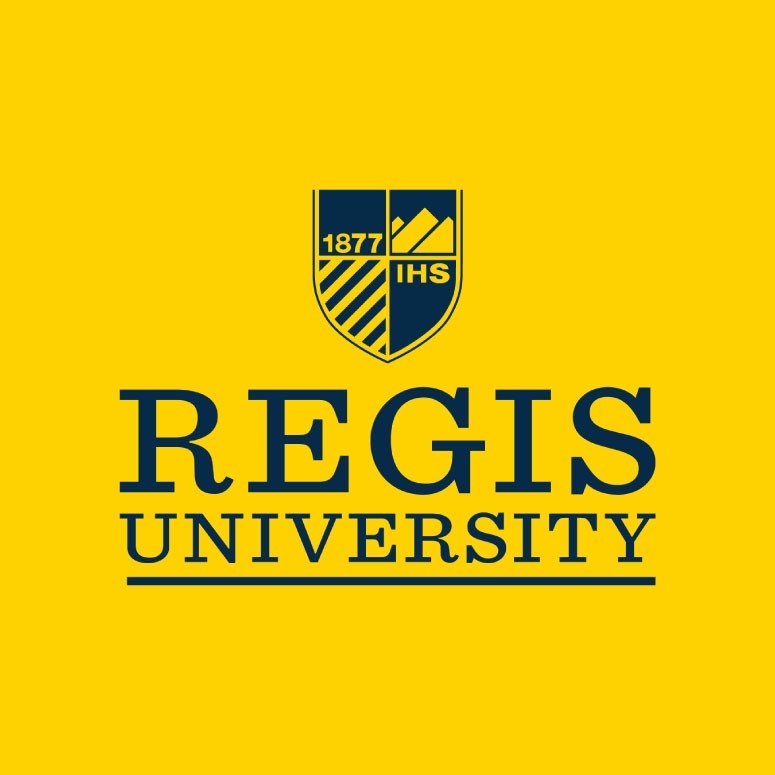
A Jesuit Catholic University in the Denver, Colorado mountains, Regis University’s main mission is to “build a more just and humane world through transformative education at the frontiers of faith, reason, and culture.” Students from all faith and cultural backgrounds attend RU with the common purpose of building a better society. With a small student-to-teacher ratio of just 13:1, RU’s award-winning faculty gives students the knowledge and skills they need to pursue their academic goals.
RU offers a Master of Science in health services administration for driven individuals who want to become leaders in the healthcare industry. This program entails courses in finance, organizational ethics, operations, and research and technology management to give students a deeper understanding of the social and ethical issues in healthcare. Each class is eight weeks long, and most students complete this program in 18-24 months.
The 36-credit hour program includes core requirements, electives, and a Master’s thesis project. While two years of work experience in a health care management setting is preferred, students who do not have a background in healthcare are welcome to apply. If accepted, they will take HSA 610 Health Care Delivery Systems to get caught up on history, policy, and current healthcare topics.
Xavier University

Cincinnati, Ohio, features some of the largest and well-known companies in the world, which means that students and graduates from Xavier University have numerous opportunities for careers and internships in their own city. A Jesuit Catholic University that is nationally ranked among the country’s best universities, Xavier University’s mission is to educate each student academically, morally, and spiritually. The three colleges that make up XU offer more than 90 bachelor’s degrees and 40 Master’s degrees.
Xavier University’s Master in Health Service Administration stands out because it is one of only seven programs in the nation that requires third-year administrative residency for full-time students. Each residency is eight to 12 months long, and the average stipend is $43,417 per year! Another option with this program is that students can pursue an MBA degree in addition to the MHSA degree through additional coursework at Xavier Williams College of Business.
If you are interested in this program, you will need at least a 3.0 GPA in undergraduate coursework, GMAT or GRE scores in the 25th percentile or higher in the quantitative section, and 50th percentile or higher in the verbal section, two letters of recommendation, and a 1,000-1,200 Statement of Intent essay. MHSA classes begin in August of each year, and the program accepts no more than 30 full-time students and no more than eight part-time students.
University of Michigan-Ann Arbor

With multiple national rankings from US News & World Report, QS World University Rankings, Times Higher Ed, and Forbes, the University of Michigan’s Ann Arbor Campus excels in academics, research, innovation, and athletics. Students from all 50 states and 139 countries flock to UM for more than 275 degree programs, personalized instruction, and the spirited energy that comes with being a Wolverine!
The University of Michigan’s School of Public Health has a Master of Health Services Administration program that addresses the organization, marketing, financing, and management of healthcare systems. Graduates of this program will be equipped for leadership roles in health care settings, such as hospitals and clinics. This 60-credit hour MHSA degree is designed around a set of core competencies:
The final semester of this program includes the Integrated Learning Experience (ILE), where students, in teams, tackle a client consulting engagement. Student teams will use analysis and collaboration in order to produce a high-quality written project. All students are also required to complete a 10-12 week internship in a work setting of their choosing between their first and second years in the program.
University of California-Davis
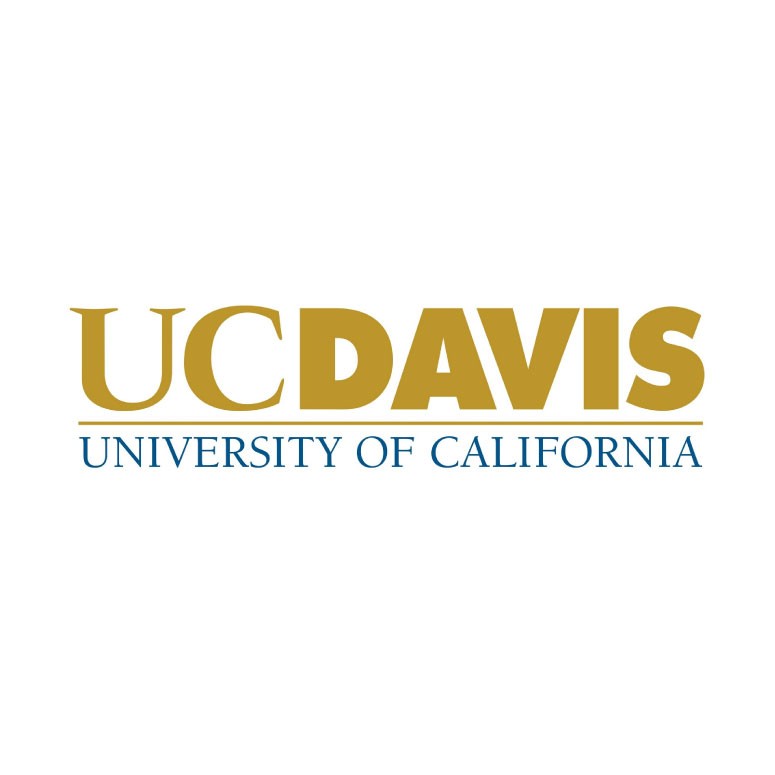
If you’re a UC Davis Aggie, then you’re one of the current 39,152 students—go-getters, change-makers, and problem-solvers who aim to leave a positive mark on the world. At UC Davis, you can choose from 102 prestigious academic programs from a nationally ranked university. As a student at UC Davis, you will know that “Aggie Pride” is more than just a chant at the university’s Division I athletic events.
The Master of Health Services at UC Davis is a physician assistant studies program that prepares students to be physician assistants. Physician assistants are healthcare professionals that are licensed to practice medicine under the supervision of a physician. The Master of Health Services features state-of-the-art facilities, including high-tech simulation labs, rigorous academics, and devoted faculty.
This full-time program includes classroom and clinical courses and supervised clinical practice. Students are encouraged to limit outside employment while in this course of study. This program is 27 months and lasts year-round. A mandatory leadership immersion experience serves as an orientation to students and takes place the week before the first summer quarter.
Georgia Southern University

With 141 available degree programs, Georgia Southern University is the state’s largest academic institution south of Atlanta. With over 200 student organizations, exceptional Division 1 athletic teams, and state-of-the-art facilities, it’s no surprise that GS serves more than 26,000 students from all 50 states, Washington D.C., and 102 countries.
The Department of Health Sciences and Kinesiology at GS offers a Master of Health Services Administration that prepares students for administrative roles in the health industry. This program, located on the Armstrong campus, features team-based projects, real-world experience, and small class sizes of 15 or fewer. This MHSA is accredited by the Commission on Accreditation of Healthcare Management Education.
Graduates from this program are in careers such as revenue integrity analysts, health data analysts, contracting and network coordinators, and many administrators and managers in a variety of health care settings. If you are interested in this program, you need a bachelor’s degree, GRE or GMAT scores, and no fewer than three years of work experience in the healthcare industry.
The Sage Colleges
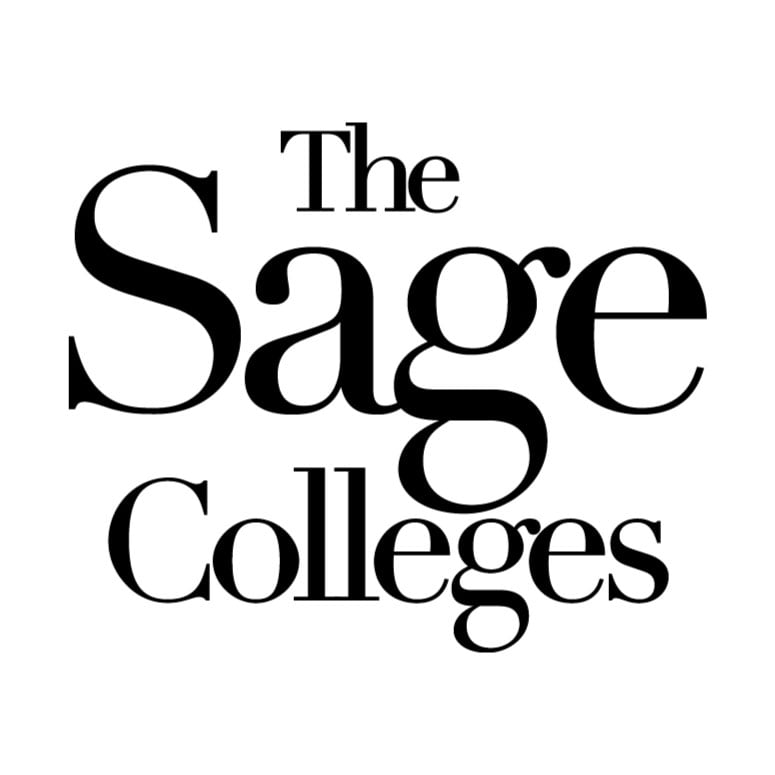
Esse Scire Facere is Latin for “To Be. To Know. To Do.” This is the motto of The Sage Colleges, founded in 1916 in Troy, New York, by Margaret Olivia Slocum Sage. Three thousand students attend the Sage Colleges, with campuses in Troy and Albany, New York, as well as online. For more than 100 years, Sage College had separate names, but starting in fall 2020, it will be one college with two coed campuses.
Sage’s Master of Science in Health Services Administration is for students who aim to become health service administrators or managers in this rapidly changing field. This multidisciplinary program reflects the program’s view that health managers should be prepared for widely fluctuating roles. That’s why this program focuses on preparing students for a comprehensive set of managerial, analytical, and problem-solving skills.
Students also have the option to complete a specialization track in Dietetic Internship. In addition, this program is offered both online and at the Albany campus. This program is fully accredited by the International Assembly for Collegiate Business Education. To apply, you need a bachelor’s degree, two letters of recommendation, a 1-2 page essay on your career goals, and an updated resume.
Frequently Asked Questions
A graduate degree in Health Services will prepare you for leadership roles in managing, planning, and coordinating healthcare services in different settings. A Master’s degree in this field will help advance you to executive roles and related high-earning career pathways in the healthcare industry. The Health Services field is generally about the business and operations of healthcare. Students in these degree programs take coursework in business, finance, marketing, and strategic planning. At the graduate level, you will also take advanced coursework on healthcare law, business intelligence, research, and management.
Students graduating with an MHS will find executive roles with leadership and management responsibility in healthcare administration, hospital or facility management, policy research and analysis, healthcare delivery and operations Similar roles in other healthcare industry environments include project management, pharmaceutical sales and operations, and clinical research. This is just a sample of the many career paths connected to an MHS degree.
Healthcare service careers integrate administration, business, policy, medicine, and science in order to find the best ways to deliver health services. While job positions in this field vary, one thing is common: they all center around leadership in the healthcare industry.
You could manage a facility, a clinical department, or an entire practice of medical professionals. You could create budgets for healthcare institutions or design policies for insurance companies. You could even work as a healthcare researcher or analyst. The careers for those with graduate degrees in health services not only vary but are plentiful. Some common health service specialties include: Chief Executive Officers, department or division managers/supervisors, clinical research managers, health information managers, healthcare analysts, healthcare consultants, and program or project managers.
Health Services and Healthcare Administration are terms for very similar occupations. There is a lot of overlap between degrees with the Health Services label or Healthcare Administration label. Healthcare Administration degrees tend to prepare students specifically for roles in hospital or healthcare clinic environments. Health Services degrees can provide a broader introduction to the field and access to a wider variety of career options. When considering a degree and career in this field, it is important to consider programs that provide the specializations and certifications you need to achieve your career goals.
With Masters in Health Services, you will have a wide variety of contexts for your career path. As the healthcare industry grows, so do the types of business in which an MHS is valuable, if not required. These environments include: hospitals and academic medical centers, nursing and residential care facilities, physician’s offices, specialized medical practices, outpatient care centers, consulting firms, research institutions and universities, diagnostic laboratories, and pharmaceutical companies
Most think of jobs related to delivery of healthcare, such as degrees in radiology or anesthesiology, as the best way to get into the Healthcare industry. But think about all the people we see in hospital environments managing operations, customer care, compliance, and general administration. From this perspective, a Master’s degree in Health Services becomes an excellent way to get your foot in the door and build a successful career. An MHS is a good addition to many bachelor’s degrees, as you will be able to develop your skills in business, administration, leadership, and analysis. Health Services degrees will prepare you to take on more advanced leadership and executive roles over time or provide opportunity to specialize in lucrative administrative roles.
According to Payscale, the average base salary for people with a Bachelor’s degree in Health Services is $65,000 a year. With a MHS degree, management, senior analyst, and advanced project management roles roles boost earnings to a median of $90,000-$120,000. These degrees are common qualifications for executive roles in healthcare management, which currently average over $200,000 a year.
